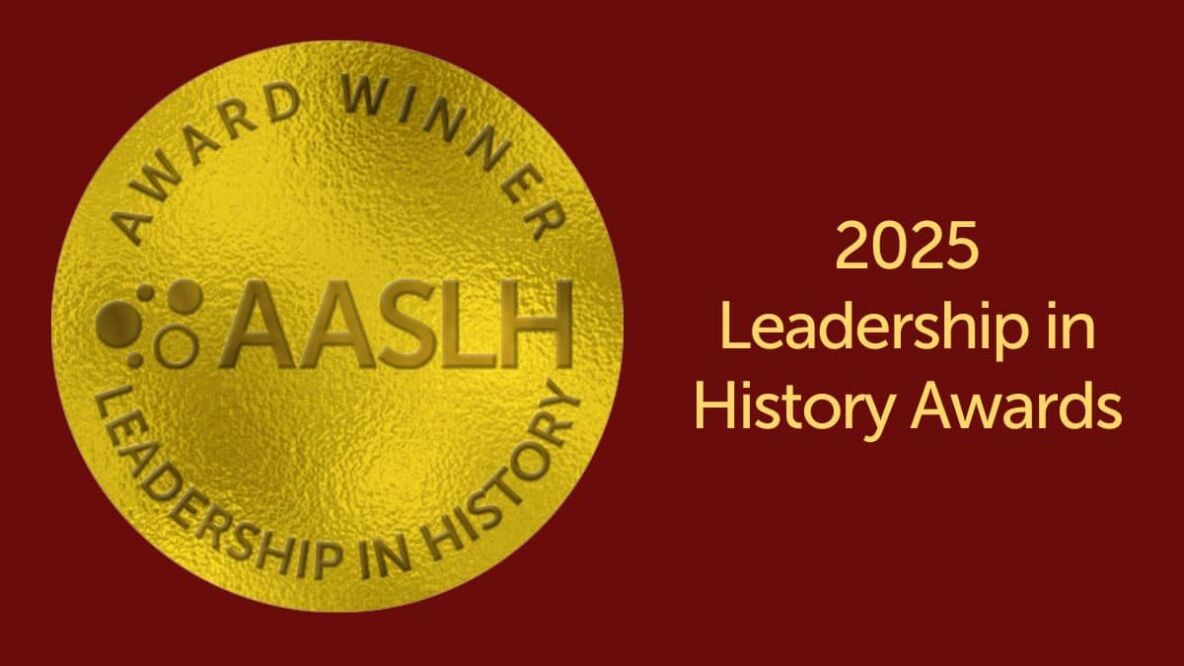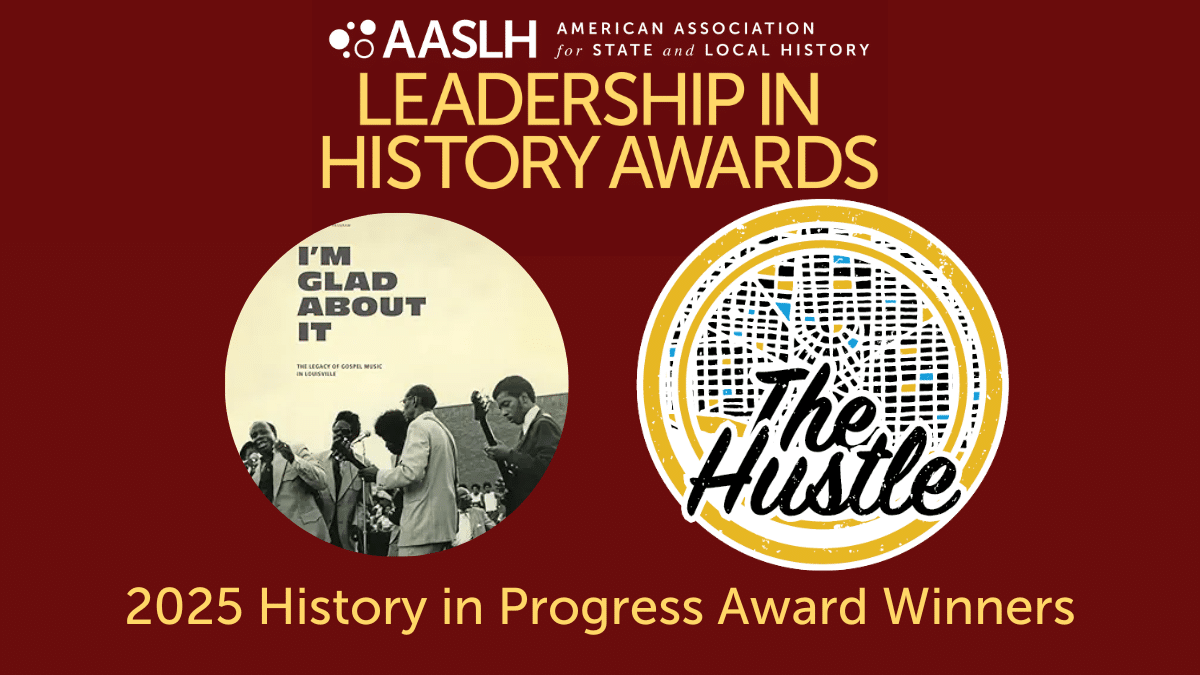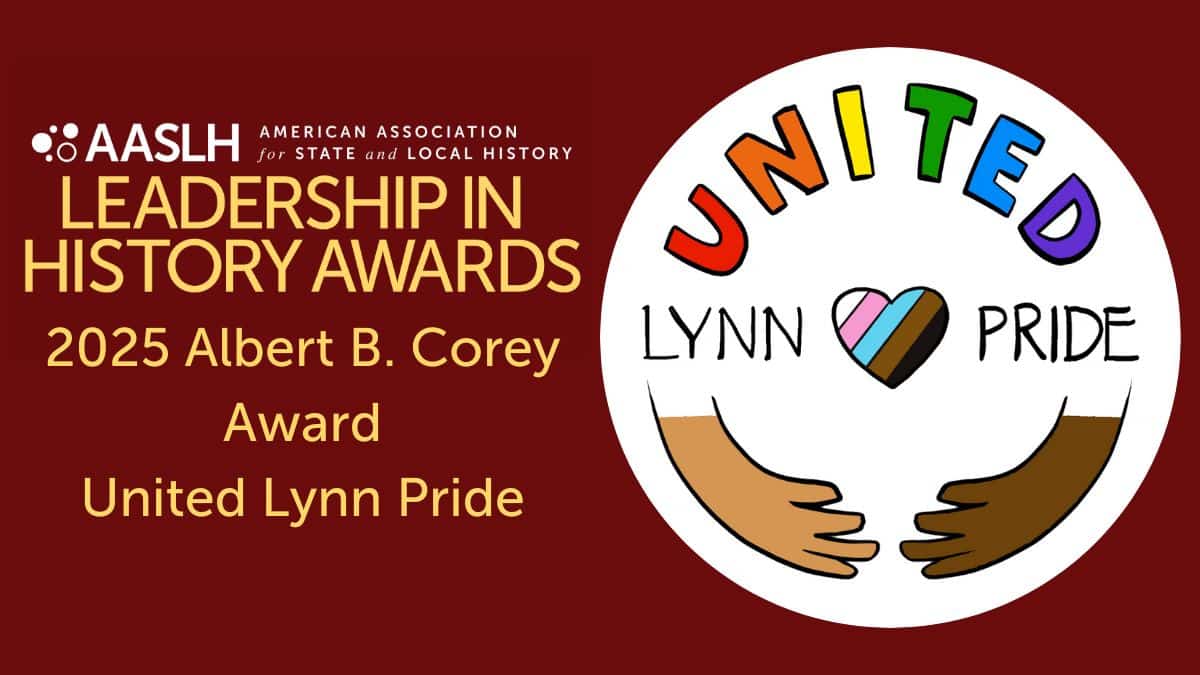The U.S. – Dakota War of 1862 was a traumatic event in Minnesota’s history, and its lasting effects are still felt among the Dakota people. Due to the enduring nature of the war’s toxic legacy, many Dakota stories have never been heard, and many Dakota families still live with debilitating intergenerational trauma.
The Dakota Prisoner of War Letters: Dakota Kaŝkapi Okicize Wowapi provides rare direct testimony from Dakota men who surrendered in 1862 with the expectation that they would be treated as prisoners of war. Instead, they were separated from their families, tried as criminals, convicted of murder, and sentenced to hang. Abraham Lincoln approved the execution of 38 men but left 265 others to live under a death sentence. They were sent to a camp for Confederate prisoners of war in Iowa, where at least 120 died. Their families were imprisoned at a separate location and then moved to inhospitable land at Crow Creek, South Dakota where they suffered a high-rate of mortality. The surviving men were pardoned by Andrew Johnson and reunited with their families four years later.
During those years of separation, many prisoners learned to write, so they could communicate with their loved ones. Dr. Clifford Canku and Michael Simon, whose first language was Dakota, culled letters and translated fifty of them to be featured in this book. They provide an accurate transcription of 19th century Dakota into modern Dakota orthography, a word-for-word translation, and a translation into modern Dakota English. The letters request help, describe camp activities, testify to religious conversions, and express the overwhelming grief with which the men lived.
The text is also a tool for the study of the endangered Dakota language as there are currently only five fluent speakers living in the state. Dakota language instructors are learning from the letters about the development of the orthography and they are able to hear phrasings and patterns of expression that have been lost. For most of the broader audience the book is academic, but many in the Dakota community have received the book with a mixture of reverence, pain, and joy. Wrestling with this difficult history has been considered an important path of reclaiming Dakota identity.
Recipient
Clifford Canku & Michael Simon
Minnesota Historical Society
St. Paul, MN
Award Details
2014 Award of Merit
Online Details
Contact Details
Minnesota Historical Society
345 W. Kellogg Blvd
Saint Paul, MN 55102



